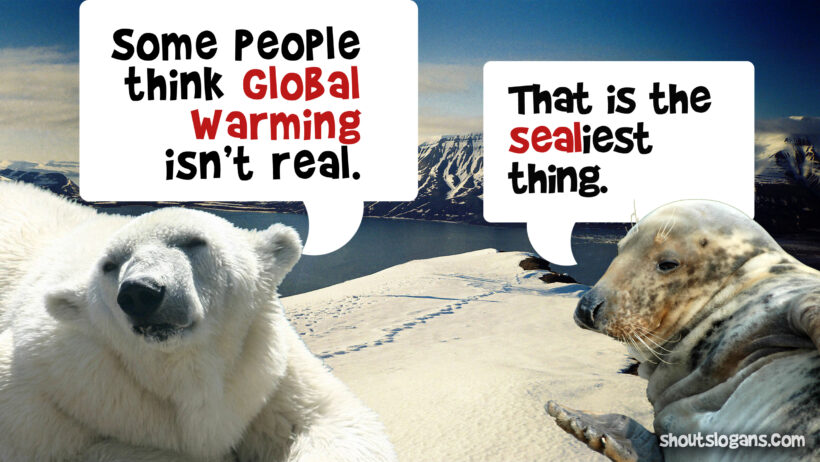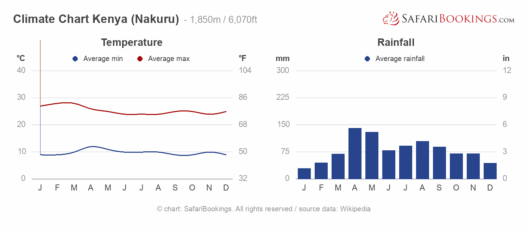Global warming has become a topic of intense discussion, and yet, a disheartening observation emerges: while many people express concern about this pressing issue, the actions taken to mitigate its effects often fall short of the rhetoric. This disjunction hints at deeper psychological, societal, and cultural factors that shape our perceptions and responses to climate change. Understanding this phenomenon is essential if we are to mobilize a comprehensive and meaningful response to global warming.
The overarching narrative of global warming is marked by alarming statistics and reports detailing the detrimental effects of rising temperatures and changing climates. According to various studies, significant percentages of the global population acknowledge climate change as a serious issue. However, the gap between acknowledgment and active engagement raises crucial questions about the nature of concern and the motivators influencing human behavior.
One primary driver of this cognitive dissonance is the concept of distance—both temporal and spatial. Climate change is often perceived as a distant threat. People tend to prioritize immediate challenges over long-term existential risks. Immediate needs, such as economic stability and personal safety, overshadow more abstract concerns. This temporal myopia leads to a lack of urgency, allowing global warming to remain an abstract concept rather than a current crisis that requires immediate action.
Furthermore, the spatial distance plays a pivotal role in shaping perceptions. For many, the effects of climate change manifest more profoundly in developing nations than in their own communities. This creates an illusion of safety, allowing individuals in affluent countries to dismiss the urgency of the matter. Consequently, climate change remains a concern in theory, yet fails to galvanize effective action. In essence, if individuals perceive themselves as insulated from the repercussions of global warming, they are less likely to feel compelled to change their behavior.
Psychological studies reveal that fear operates as a double-edged sword in the climate discourse. On one hand, alarming statistics can foster a sense of urgency. On the other hand, excessive fear can lead to denial or desensitization. When confronted with catastrophic projections, some individuals retreat into a state of disbelief, while others may feel overwhelmed and helpless, resulting in inaction. The perception that personal actions are futile against such monumental challenges further compounds the issue.
Society’s portrayal of environmental activism also influences public concern about global warming. The mainstream media often sensationalizes climate disasters, focusing on dramatic imagery and cataclysmic events without contextualizing the broader narrative of climate change. While this approach captures attention, it can inadvertently portray environmental issues as sensational and distant, rather than as integral components of daily life. As a result, individuals may engage briefly with the content but fail to carry that engagement into tangible actions.
This disconnect is further exacerbated by the pervasive influence of social norms and peer behavior. People are highly susceptible to the attitudes and behaviors of those around them. If the prevailing sentiment in a community downplays the importance of global warming, individuals may feel validated in their own skepticism or ambivalence. Conversely, in communities where environmentalism is prioritized, the likelihood of community members adopting sustainable practices significantly increases. The role of social networks must not be understated in understanding our collective response to climate change.
Moreover, socio-economic status presents additional layers of complexity. Individuals with fewer resources often express higher levels of concern about climate change yet face structural barriers to implementing meaningful changes in their lifestyles. The irony lies in the fact that those least responsible for greenhouse gas emissions often bear the brunt of climate-related impacts. Economic constraints can limit the ability to make sustainable choices, such as purchasing organic products or utilizing renewable energy sources. Therefore, addressing climate change necessitates not only individual action but also systemic changes that create equitable opportunities for all.
Additionally, educational attainment plays a critical role in shaping one’s understanding and engagement with climate change. Studies indicate that individuals with higher levels of education are more likely to recognize the veracity of climate science and to act on their concerns. However, education alone is not a panacea; it must be accompanied by an infusion of critical thinking and media literacy to navigate the cacophony of information and misinformation surrounding climate change.
Importantly, cultural values significantly influence perceptions of climate change. In certain societies, environmental stewardship is deeply rooted in cultural identity. Elders may pass down traditions centered around sustainability, fostering a sense of collective responsibility toward the earth. In other cultures, values that prioritize economic growth and traditional practices can clash with the imperatives of environmental conservation. Bridging these cultural divides is necessary for fostering a unified approach to global warming.
To conclude, the intricate web of psychological, societal, and cultural factors underpins the complex relationship individuals have with global warming. The observations about the limited actions taken compared to the widespread acknowledgment of concern reveal a landscape fraught with challenges. Disentangling these layers is paramount. It requires a holistic approach that embraces education, equitable access to sustainable practices, and community engagement. Only through recognizing the multifaceted nature of our relationship with climate change can we hope to galvanize a meaningful and collective response. If we endeavor to take global warming seriously, we must confront these underlying issues—transforming rhetoric into resolute action.








